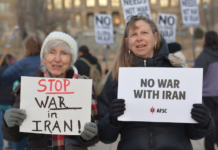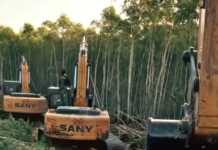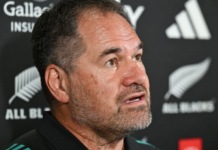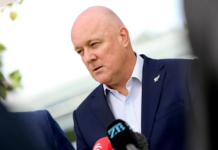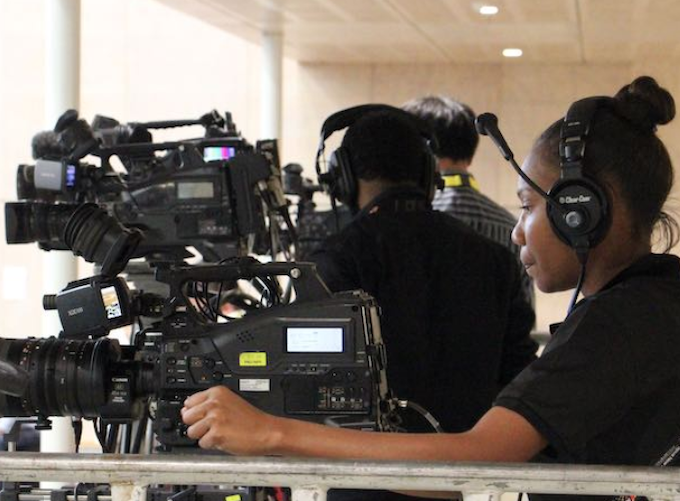
SPECIAL REPORT: By Jason Brown
Good news — an Australian parliamentary review recommends a more “expansive” media presence in the Pacific.
Bad news — little of that expansion envisions a role for island media.
Instead, the committee endorsed a proposal for “consultation” and the establishment of an independent “platform neutral” media corporation, versus the existing “broadcasting” organisation.
- READ MORE: Televising Australian soft power in the Pacific
- Beijing pushes Pacific media to use China content, ABC boss says
- Media freedom defenders criticise China, other Pacific information threats
- How China is manipulating the information war in the Pacific
That proposal was among several points raised at two public hearings and nine written submissions as part of Australia’s “Pacific Step Up” programme, aimed at countering the growing regional influence of China.
Former long-time Pacific correspondent Sean Dorney last month told the Joint Standing Committee on Foreign Affairs, Defence and Trade that Australia was previously leading regional media spaces.
“But the vacant space that was left there when Australia Network disappeared, as people have said, has really been taken over by China,” he said.
“Throughout my time as the Pacific correspondent for the ABC, I saw this Chinese influence growing everywhere.”
Local media delivery
Dorney suggested local media ought to deliver news content in any future media expansion.
“I’ll just end off by saying that, if we did boost broadcasting again, it does require greater collaboration.
“There are excellent journalists out there in the Pacific that we could work with to create content for both of us. It’s our region, and I think we should embrace it.”
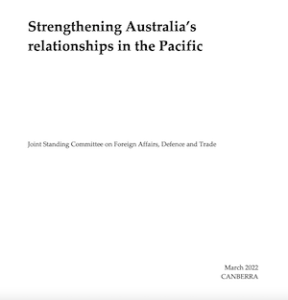
Similar points were made by Free TV Australia.
“Key to the success of the PacificAus TV initiative has been Free TV’s ability to work with our Pacific broadcast partners to ensure that the programming made available meets the needs of the Pacific communities.”
However recommendations for local staff were not picked up in the final findings of the standing committee.
Only “consultation” was called for.
Relatively comprehensive
Taking up ten of 176 pages, the report’s media section is nonetheless seen as relatively comprehensive compared with the dismantling of broadcasting capacity in recent years.
This includes the literal dismantling of shortwave equipment in Australia despite wide protest from the Pacific region.
Nearly three years previously, a 2019 Pacific Media Summit heard that discontinuation of the shortwave service would save Australia some $2.8 million in power costs.
A suggestion from a delegate that that amount could be spent on $100,000 for reporters in each of 26 island states and territories was met with silence from ABC representatives at the summit.
However, funding would be dramatically expanded if the government takes up suggestions from the submissions to the joint committee.
Members of the Australia Asia Pacific Media Initiative (AAMPI) called for the “allocation of a total of $55-$75 million per year to ensure Australia has a fit-for-purpose, multi-platform media voice in the Asia Pacific region.”
Overall, submissions called for greater recognition of the media in “soft power” calculation.
Public diplomacy tool
AAPMI member Annmaree O’Keeffe said that “international broadcasting and its potency is not recognised at government level as a public diplomacy tool.”
Consultancy group Heriot Media and Governance cautioned against trying to use media as a policy messenger.
“A substantial body of research internationally supports the view that audiences are likely to invest greater trust in an international media service if they perceive it to be independent of political and other vested interests.”
Heriot also noted the loss of radio capacity, submitting that “shortwave [radio] had been the only almost uninterruptible signal when local media had been disabled by natural events or political actions.”
ABC told the inquiry that around 830,000 Pacific Islanders access their various platforms each month.
Off-platform, there were 1.6 million views of ABC content via social media such as YouTube.
Jason Brown is a long-time Pacific reporter based in Aotearoa New Zealand and a contributor to Asia Pacific Report.



